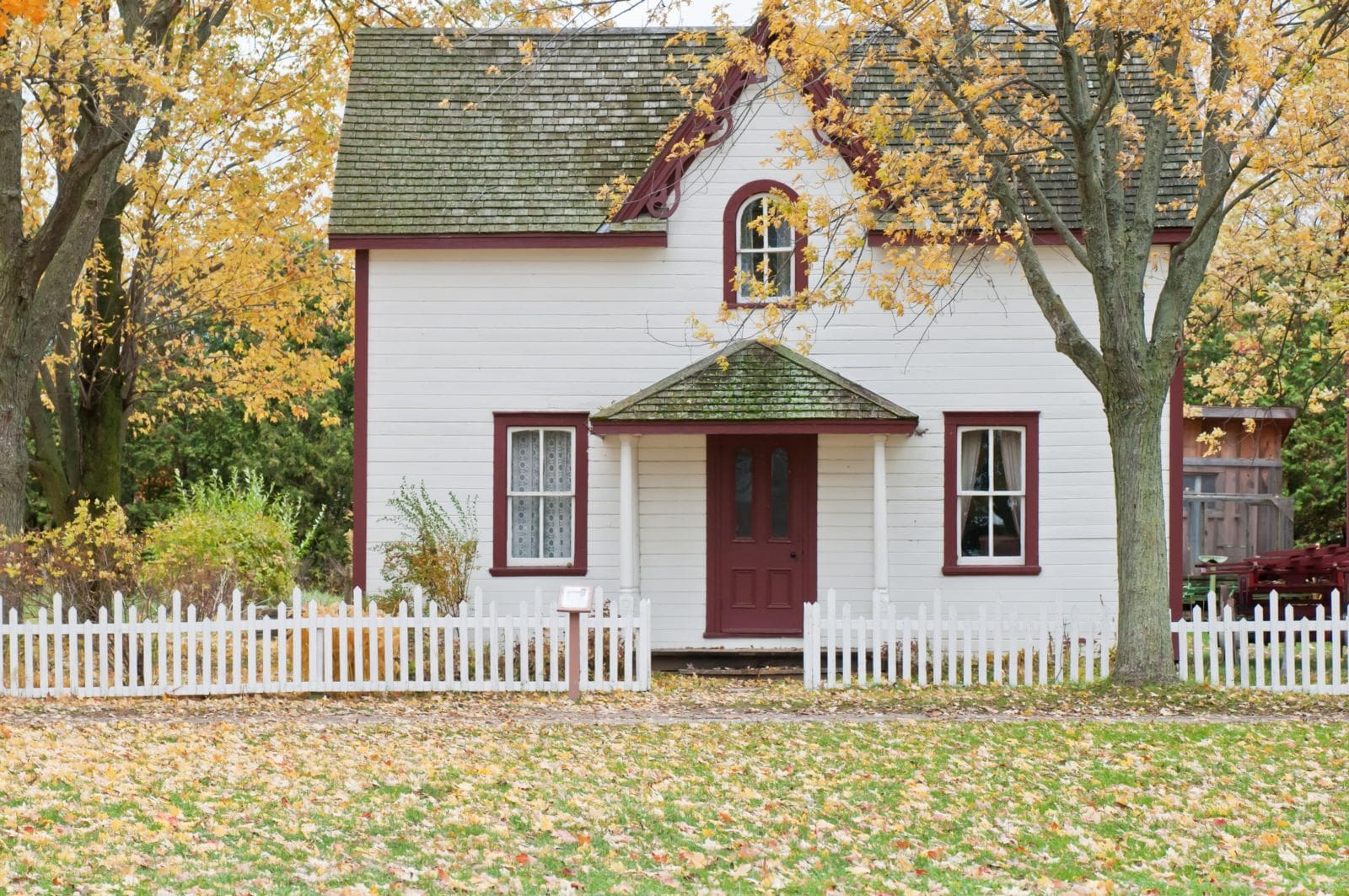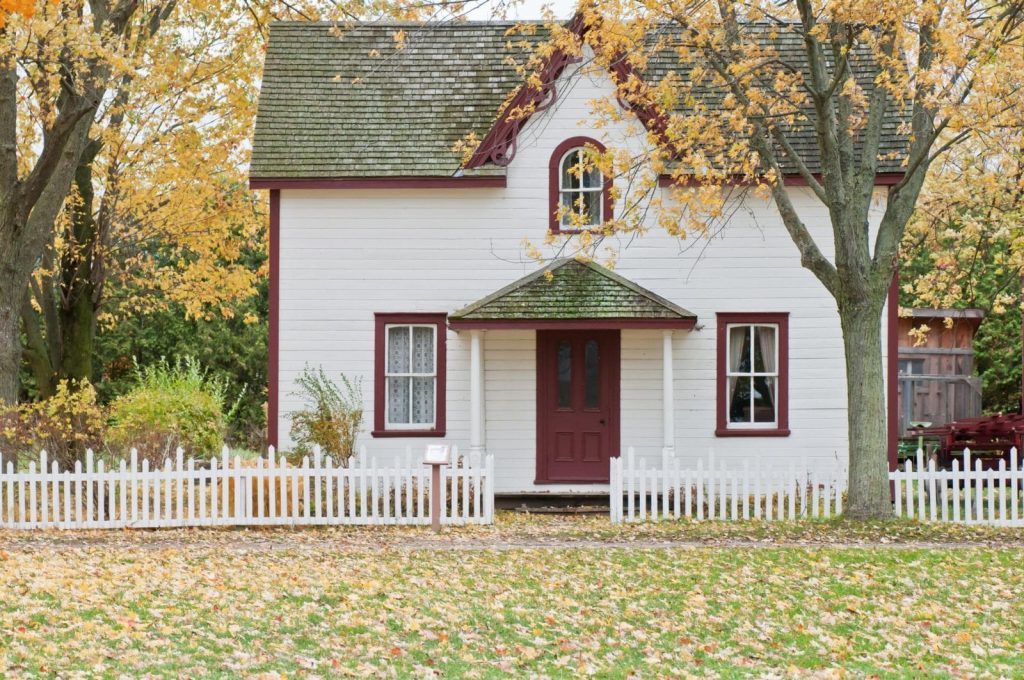Understanding Which Assets Are Required to Go Through Probate

Assets and Probate
When a loved one passes away without a valid will, their estate may go through a court-supervised process called probate. The courts must handle the estate of the deceased person (or decedent) according to Florida law, which generally means distributing their assets to the appropriate debtors and beneficiaries. Assets and probate go hand-in-hand, but we will dive into exactly what happens during the probate process.
To sum up probate: after someone dies, their heirs and beneficiaries generally go to probate court where a probate judge will say who gets what of a person’s stuff.
This is where things get tricky. Do all of the decedent’s assets go through probate or just certain types? What happens to jointly owned assets? Is anything exempt? Let’s take a look at the types of assets that typically go through probate.

Assets That Skip Probate
Certain types of assets, or non-probate property, may skip probate entirely. That is usually because they are able to go to another designated owner without getting approval from a probate court. One common example of this is when the decedent held property in joint tenancy with someone else, like a spouse. If they owned a house together or shared a joint bank account, the property simply moves to the other person after the joint owner passes away.
Some types of assets have a designated beneficiary — such as retirement accounts, life insurance policies, and POD bank accounts. These, along with assets held in a living trust, typically skip probate when the time comes to distribute them. You can follow this link to learn exactly what happens during the probate process from inside the courtroom.
Types of Probate Property
Generally speaking, assets must go through probate if they were owned solely in the decedent’s name at the time of death. A few examples include:
- A bank or investment account, as long as it is owned only in the decedent’s name (and not jointly owned).
- A life insurance policy or individual retirement account payable to the estate of the decedent (as opposed to a specific beneficiary).
- Real estate with only the decedent’s name in the title. If the person had non-homestead property with another person as tenants in common, that would also qualify as probate property.
Sometimes an asset is owned by the decedent and one or more other person but still goes through probate. That usually happens because the asset didn’t include a legal provision to indicate who would gain ownership of the asset upon the death of one of the owners.
There’s a lot more to the Florida probate process, and your own process will depend on the types of assets your loved one left behind. Assets and probate are just one of the manWe can offer you some peace of mind by guiding you through the process step by step. Contact Stivers Law to schedule a consultation today.



